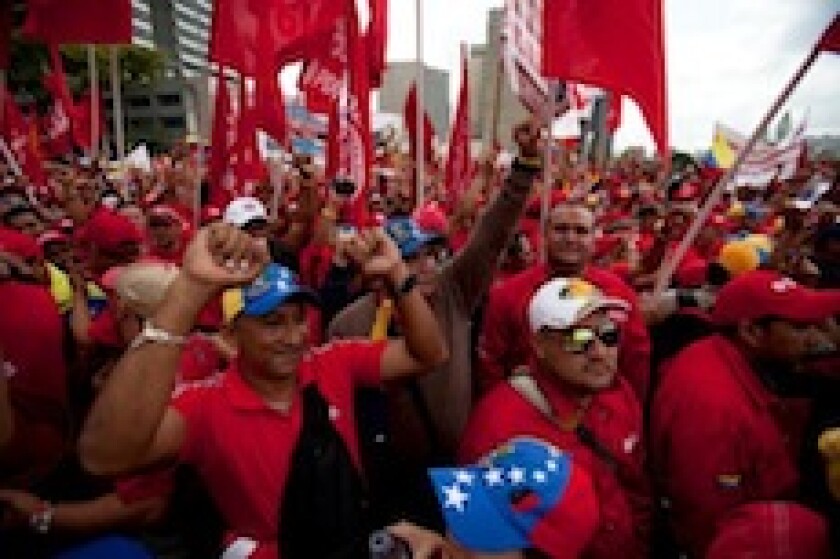OFAC allows PDVSA 2020 bondholders to enforce rights

The US Treasury Department’s Office of Foreign Asset Control (OFAC) has issued a licence that would enable holders of PDVSA’s 8.5% 2020s to access the bond’s collateral despite an executive order that prohibits US persons from receiving shares from the Venezuelan government.
Unlock this article.
The content you are trying to view is exclusive to our subscribers.
To unlock this article:
- ✔ 4,000 annual insights
- ✔ 700+ notes and long-form analyses
- ✔ 4 capital markets databases
- ✔ Daily newsletters across markets and asset classes
- ✔ 2 weekly podcasts
